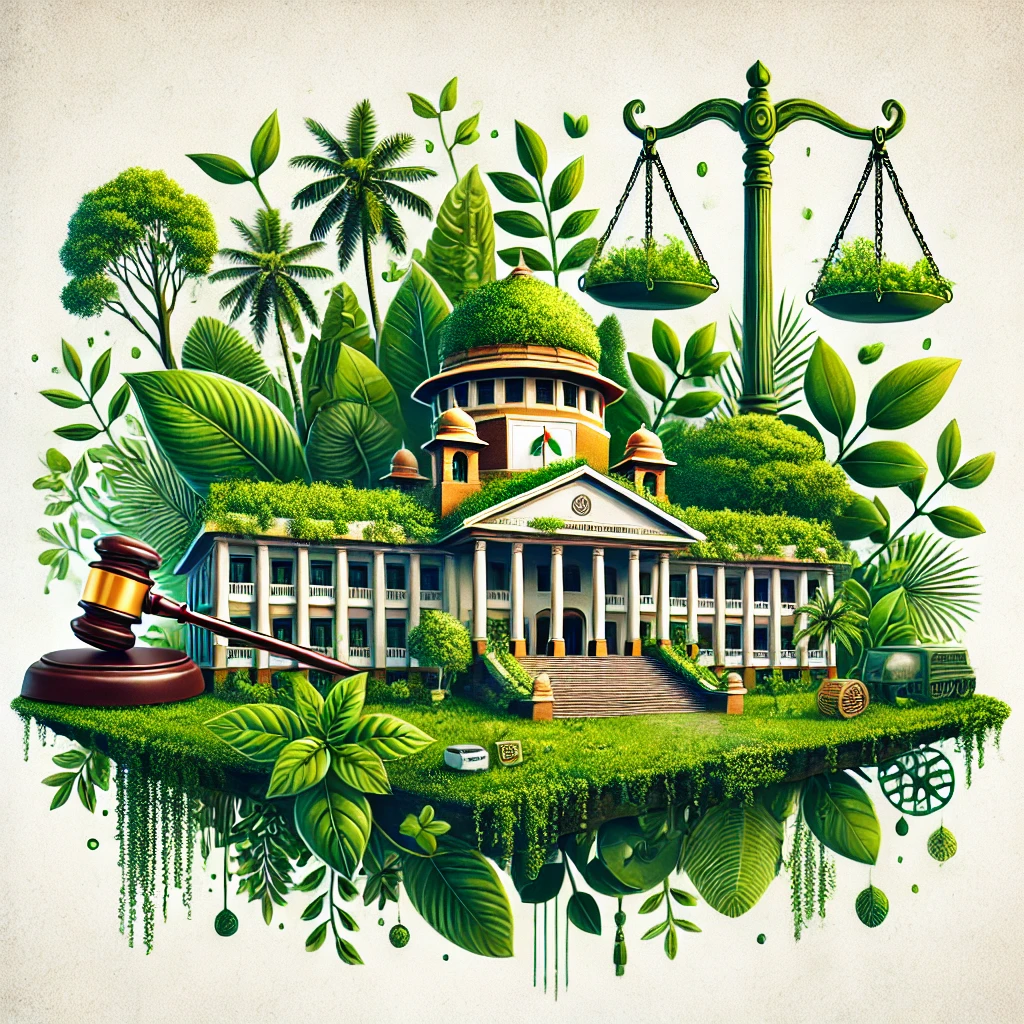Are Wild Animals the Sole Property of the Government?
🔹 Legal Status of Wild Animals in India
1. Wildlife (Protection) Act, 1972
The primary legislation governing wild animals in India is the Wildlife (Protection) Act, 1972. Under this Act:
Wild animals are protected and cannot be hunted or captured without express permission from the government.
The Act does not confer ownership of wild animals to individuals. Even if an animal is found on private land, it is still subject to the provisions of the Act.
2. Doctrine of Public Trust
The State acts as a trustee of natural resources, including wildlife. According to the public trust doctrine, the government holds these resources in trust for the people, meaning it cannot give them away or misuse them for private benefit.
🔹 Key Case Law
⚖️ Chief Forest Conservator (Wildlife) v. Nisar Khan (2003) 4 SCC 595
Facts: Nisar Khan was found in possession of wild animals and parts of wild animals. He claimed ownership of the animals.
Held:
The Supreme Court held that no individual can claim ownership over wild animals.
Wild animals are the property of the State, and private ownership is not recognized under the Wildlife Protection Act unless specifically permitted.
Even possession of trophies or parts of wild animals requires valid documentation and permission under the law.
⚖️ Centre for Environmental Law, WWF-India v. Union of India (2013) 8 SCC 234
Facts: This case dealt with the issue of relocation of endangered species and protection under the Wildlife Act.
Held:
The Court reiterated that wildlife is a national resource and the State has an obligation to protect it under Article 48A and 51A(g) of the Constitution.
The Court emphasized that wild animals are not owned by any individual, and are under the guardianship of the State, in line with the public trust doctrine.
⚖️ State of Bihar v. Murad Ali Khan (1988) AIR 1989 SC 1
Facts: The respondents were accused of killing an elephant in contravention of the Wildlife Act.
Held:
The Court clarified that wild animals, by their nature, cannot be privately owned unless captured, domesticated, or registered in accordance with law.
However, even in captivity, wild animals are still protected under the Wildlife Act, and ownership rights are limited and conditional upon compliance with the Act.
🔹 Constitutional Provisions
Article 48A: The State shall endeavor to protect and improve the environment and safeguard the forests and wildlife of the country.
Article 51A(g): It is the fundamental duty of every citizen to protect and improve the natural environment, including forests, lakes, rivers, and wildlife.
These articles reinforce the idea that wildlife is a public good and not meant for private ownership.
🔹 Exceptions – Limited Custody but Not Ownership
There are certain limited exceptions under the Wildlife (Protection) Act where an individual may have custody of a wild animal, such as:
Zoo licenses
Circuses (now banned)
Rescue and rehabilitation centers
Ownership certificates for animal trophies obtained before the Act came into force
However, even in these cases, it is not ownership in the absolute sense. The person is merely a custodian under strict regulations.
🔹 Conclusion
Wild animals are not the private property of individuals but are the property of the State, held in trust for the public.
The Wildlife (Protection) Act, 1972 governs the protection, management, and regulation of wild animals.
Courts have consistently ruled that individuals cannot claim ownership over wild animals, whether alive or dead (including trophies, skins, tusks, etc.).
The public trust doctrine and the constitutional mandate require the State to act as a guardian of wildlife.
✅ Therefore, the answer is:
Yes, wild animals are considered the sole property of the government, and no person can claim private ownership over them except in narrowly defined legal circumstances.












comments